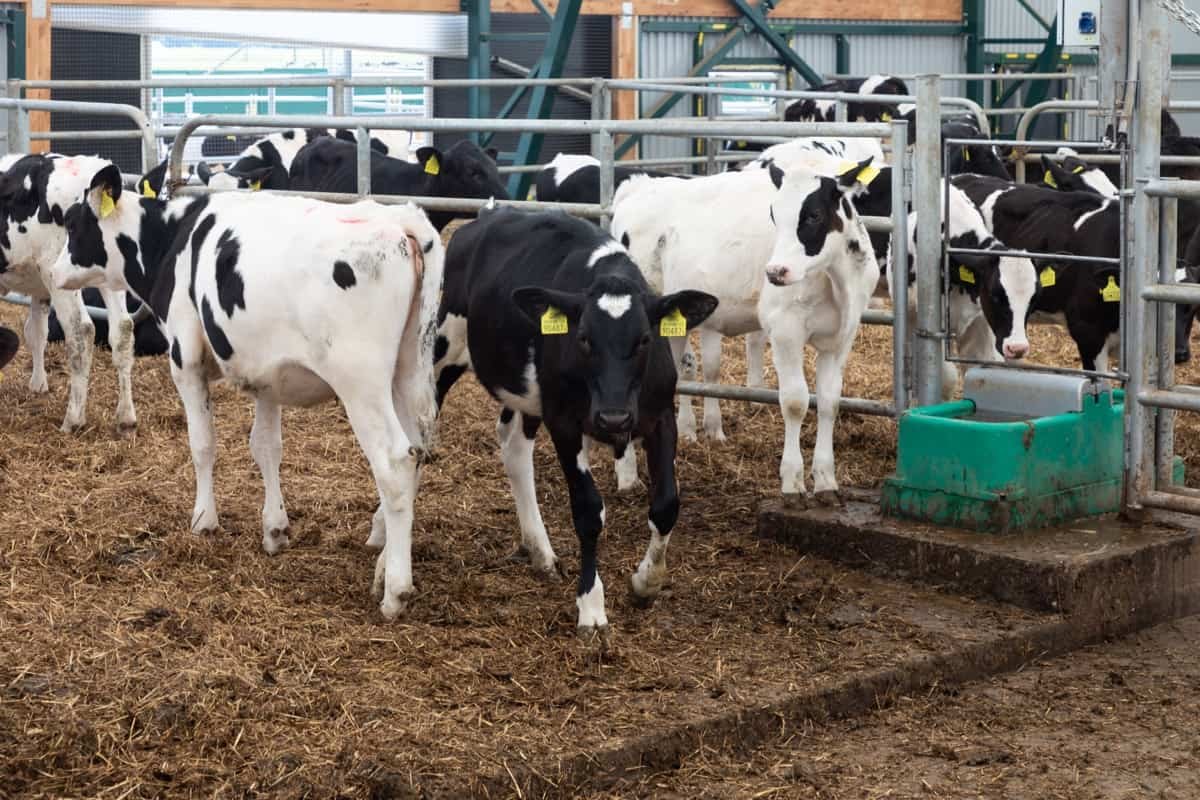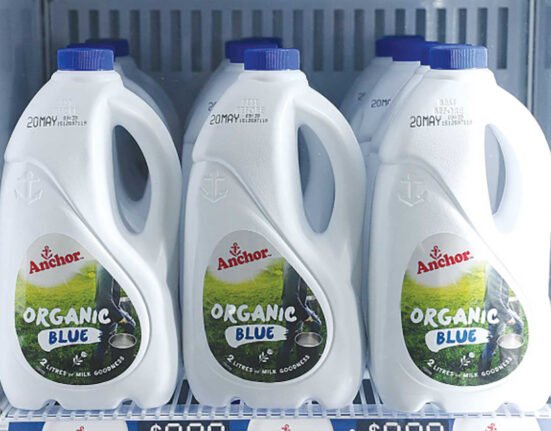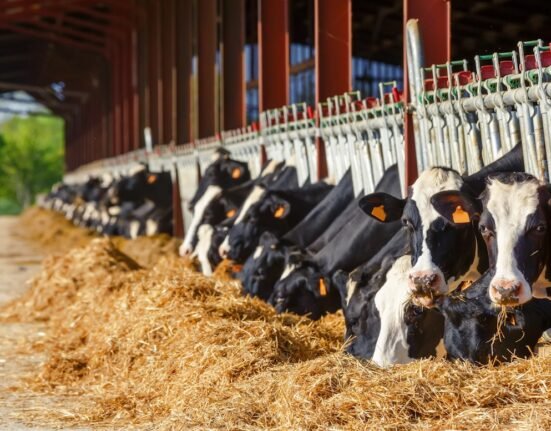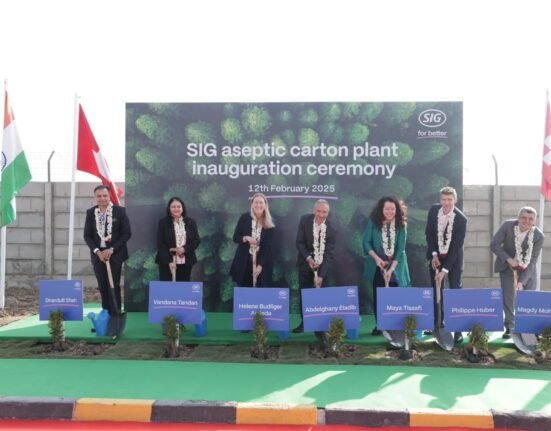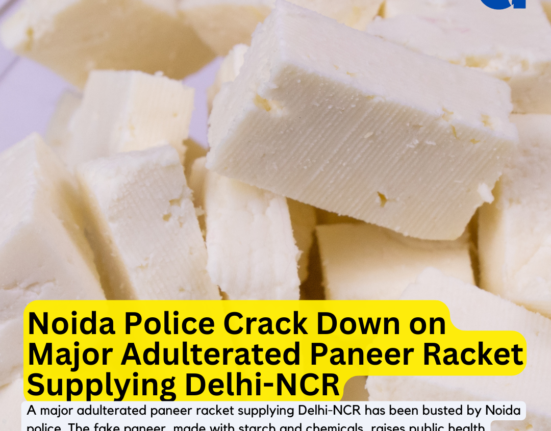Balanced fertilisation is emerging as a critical pillar for India’s dairy sustainability, linking soil health, fodder quality, and livestock productivity.
PS Gahlaut, Managing Director of Indian Potash Limited, stresses that fertile, well-nourished soil is the foundation of the dairy ecosystem. Balanced fertilisation, which integrates mineral and organic inputs in precise proportions, enhances fodder production and maintains long-term soil fertility. Research suggests it can increase crop yields by up to 40% while boosting soil carbon and nitrogen levels significantly.
Innovation is reinforcing this approach. Precision farming tools such as AI-enabled sensors and remote monitoring enable targeted fertiliser application, reducing waste, lowering costs, and cutting environmental harm. These technologies also support global sustainability goals by minimising emissions and optimising resource use.
However, adoption challenges remain. Declining soil organic carbon from 1% to 0.3% over the past seven decades underscores the urgency of large-scale reforms. High technology costs, fragmented landholdings, and rural digital gaps hinder farmer-level adoption.
Experts argue that policymakers, industry leaders, and farmers must work together to accelerate training, financing, and infrastructure. The dairy sector’s future depends not only on laboratory innovation but also on its widespread application across farms, ensuring resilience, profitability, and ecological balance.

